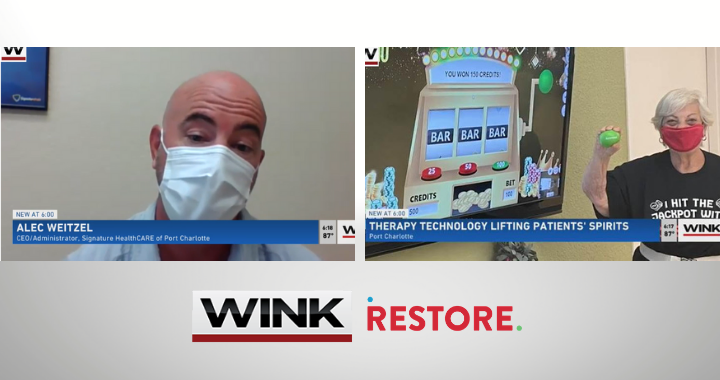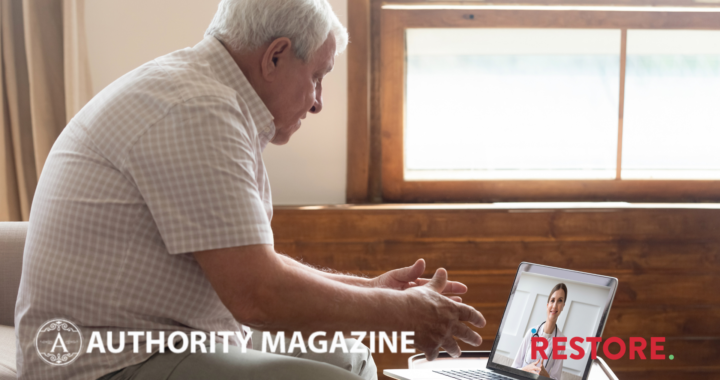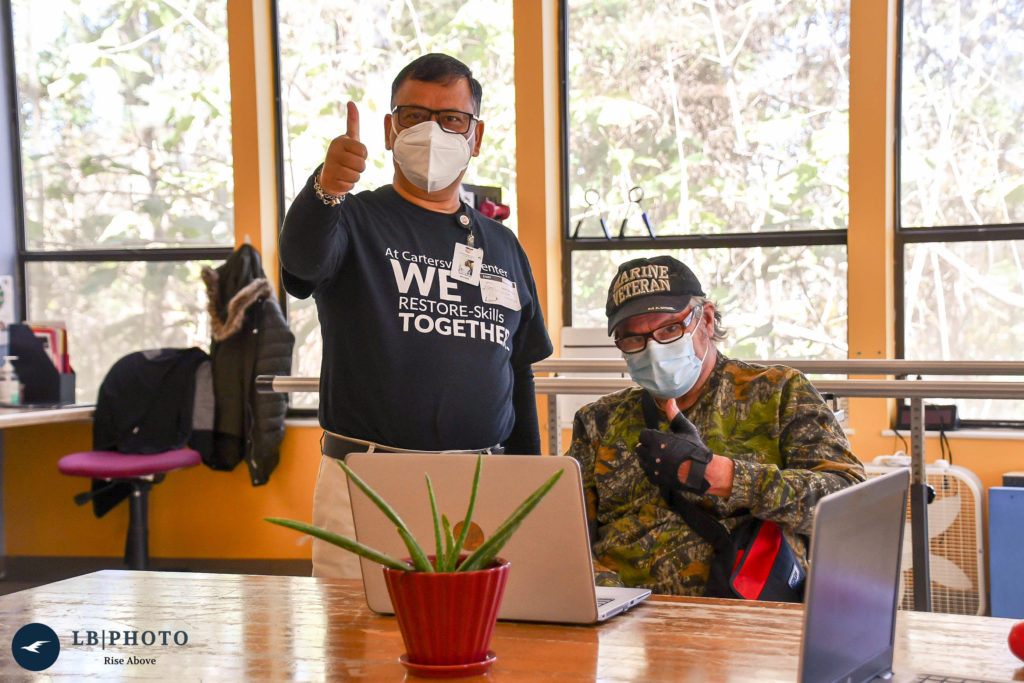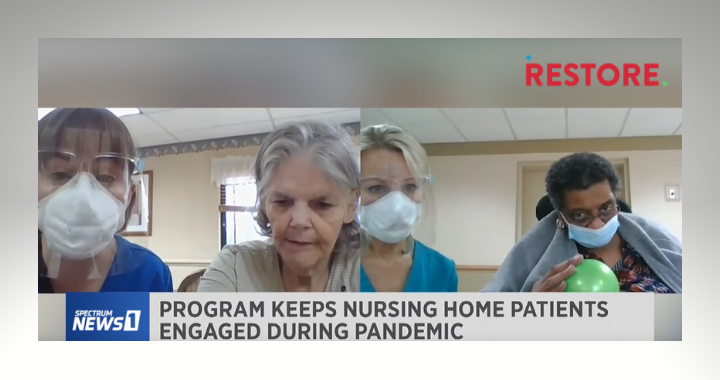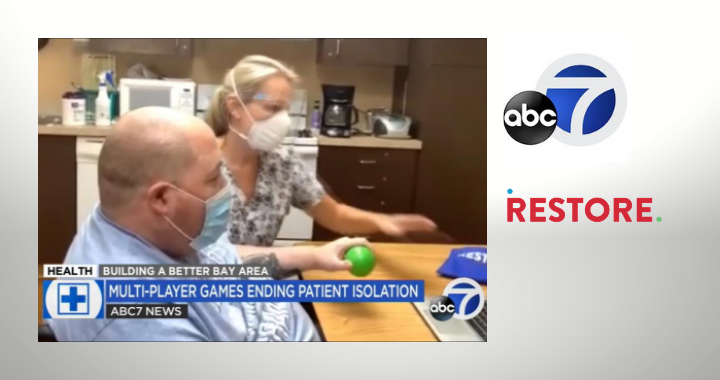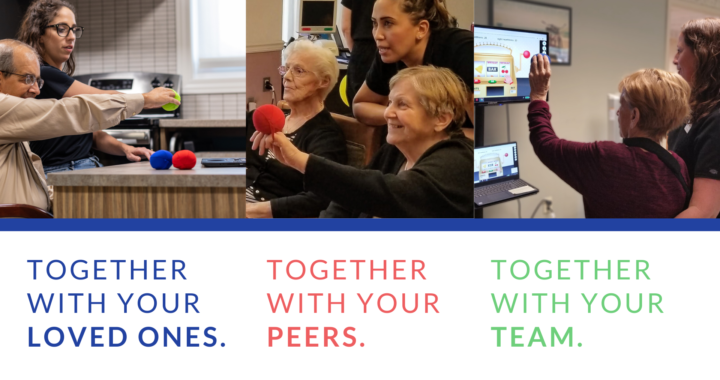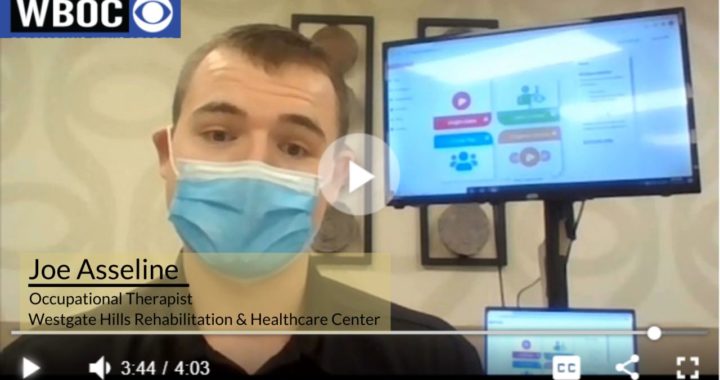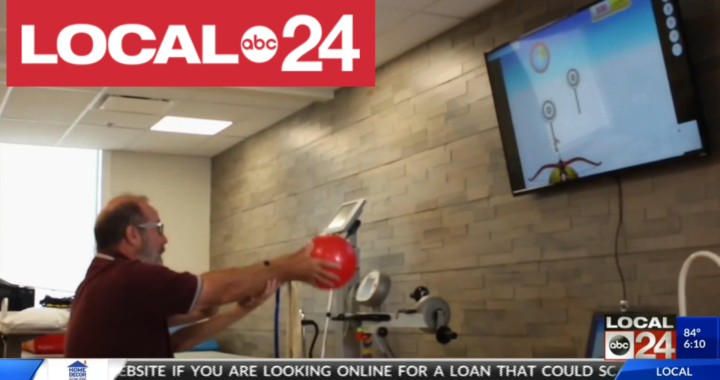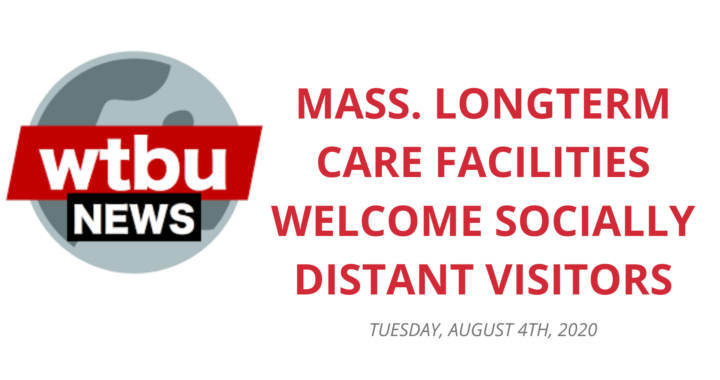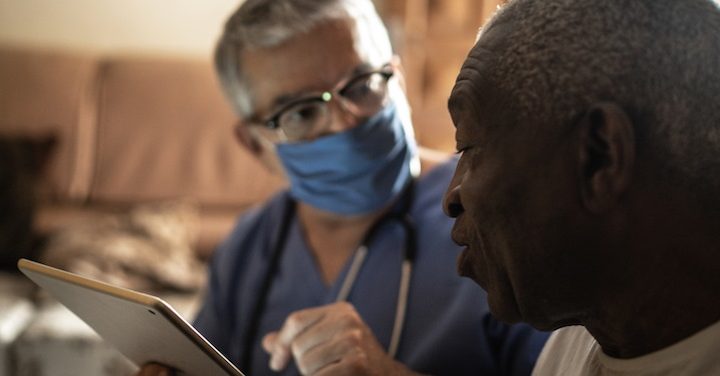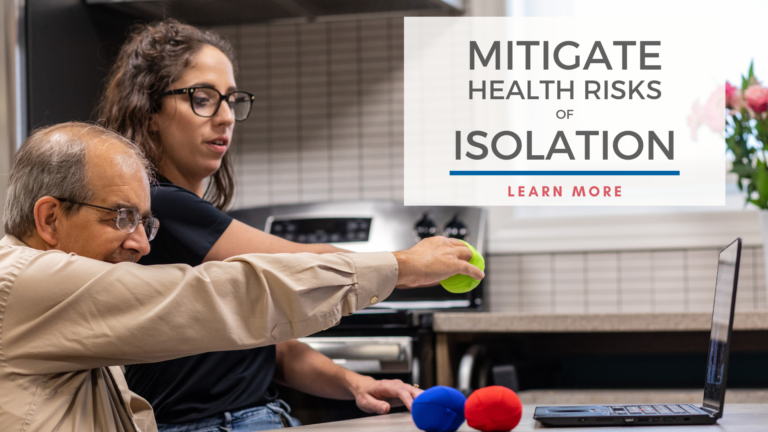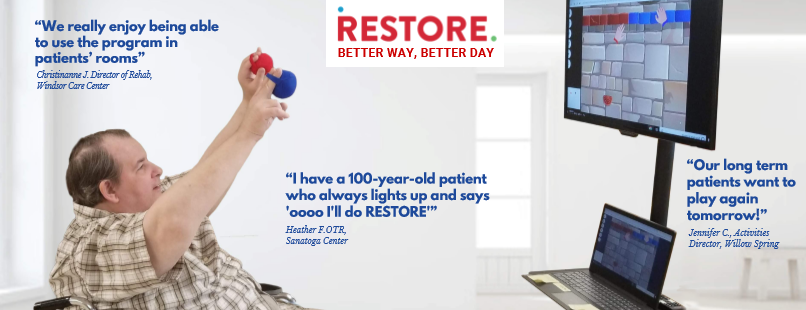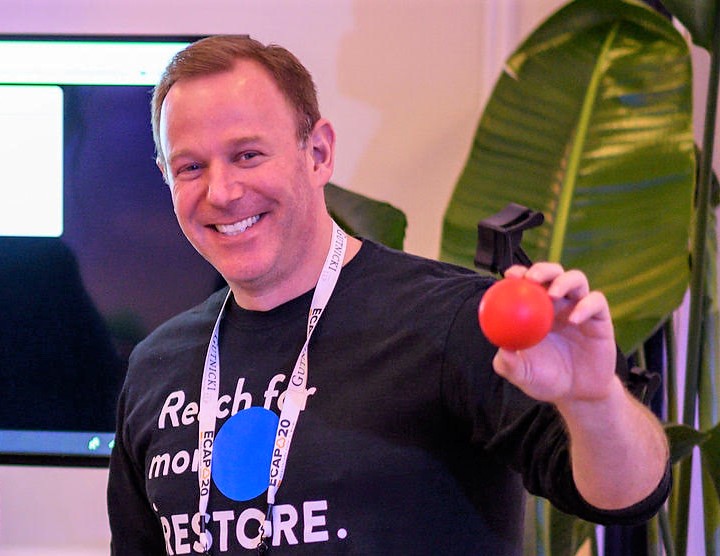RESTORE-Together motivates skilled nursing patients to safely collaborate with loved ones and join team activities
Isolation is not for us. As human beings, we are together creatures. We strive for connection from the second we are born; from the minute we look for our mother’s eyes to the language we develop, the relationships we build, and the communities we are so proud to be part of.
Today we are proud to launch RESTORE-Together, enhancing our motivational therapy platform with a multiplayer function. Patients now have the ability to play therapy-driven skill-building games remotely with their loved ones, connect with other residents in the skilled nursing facility for a group activity, and even participate in live, nationwide gaming tournaments — all from the safety of their rooms!
RESTORE-Together addresses isolation challenge
RESTORE-Together couldn’t have come at a more crucial time.
Among the biggest emotional challenges, residents are facing during the pandemic is social and emotional isolation. Residents have spent months in their rooms, with day rooms and therapy gyms closed, limitations on visits, and still no end in sight.
A new survey of 365 nursing home residents in 36 states, conducted throughout July and August, by the non-profit Altarum Institute, shows that pandemic restrictions have affected nearly every part of residents’ lives, especially their mental health. According to the survey results, “76 percent of respondents reported that they felt lonelier under the restrictions, an unsurprising finding, given that 64 percent of respondents also indicated that they no longer even leave their rooms to socialize with other residents.”
Multiplayer, social gaming opportunities offer residents a chance to safely socialize while making therapy strides.
In our beta testing of RESTORE-Together, the feedback from therapists, patients and their family members has been overwhelmingly positive. We saw firsthand patients’ excitement for the opportunity to connect and share an experience with a loved one or friend. One patient in a Columbus, Ohio-based nursing home tripled his standing tolerance while competing in our slot machine game against his sister in Cleveland. It was a powerful moment for the patient, his sister, and the occupational therapist working with the patient.
We know that today, during the forced COVID-19 isolation, finding the motivation to practice therapy exercises is even more challenging. And residents and therapists alike are tired of the limited therapy exercises they can practice in the patient rooms.
With RESTORE, we have seen how making therapy more fun, with patient-centered games provides a tremendous boost to motivation. RESTORE turns every patient room into a therapy gym, and now RESTORE-Together turns these same rooms into group therapy gyms.
Group activities that motivate residents with a sense of competition from the safety of their room
Breakthroughs are created when we work together. Even tennis players are not alone in a game, during the game breaks, they communicate with their coaches to get advice and release emotions. When running a marathon seeing your family cheering along the way gives you a burst of energy that will support you in the following miles.
Just prior to the pandemic, skilled nursing facilities were providing more group and concurrent therapy sessions to comply with PDPM, the new payment system from October 2019. Therapists found that the group dynamic added a social element to therapy, similar to the motivation people receive from a workout buddy or group exercise class. Just as these sessions became more popular, therapy gyms closed.
RESTORE-Together provides nursing home staff with the ability to create a facility-wide activity. Residents now are missing the close friendships and connections that normally occur in these facilities. Thanks to Restore-Together, residents can once again safely join a social activity without leaving their rooms. The smiles on the patients’ faces trying to win a virtual air hockey game while working on transitional movements showed us the power of collaboration.
Studies show that participants are more motivated to complete a physical effort task in which they face competition from another player over one where they are rewarded for winning an overall percentage.
No doubt RESTORE-Together will be an additional source of motivation and smiles for nursing home residents, their families, and the teams working with them across the U.S.
No special hardware is needed, RESTORE-Together offers all the benefits of RESTORE, now with the additional benefit of collaboration. Thanks to the RESTORE platform, facilities across the country can do the following from their simple laptops:
- Turn every patient room into a therapy gym with just a laptop and a webcam
- Employees on every level can become a skill-building superstar.
- Connect patients to loved ones and other therapy patients
- Keep seniors busy, active, and engaged
Everything we do at RESTORE-Skills comes from our passion to help therapists motivate patients. We want to see every patient restore the skills they need to live a more full and independent life.
Let’s RESTORE-Together,
Eran Arden
